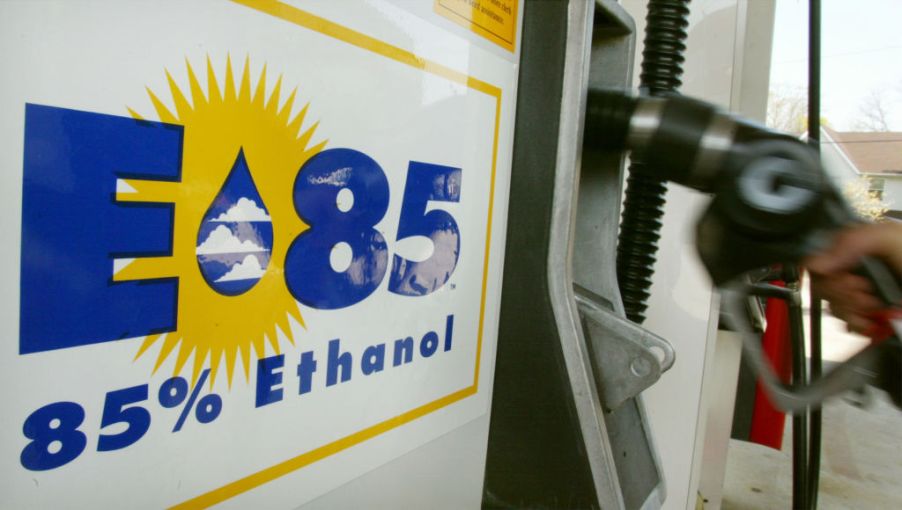
Why Is Ethanol Added to Gas?
We all know that a car can not run unless it has fuel. For the last couple of decades, fuel companies have been telling customers that its gas contains ethanol. Some types of gas have more ethanol in it than others. And while most people didn’t know what ethanol was or why it was suddenly being put into the gas, they figured that it must be important in some way.
So what is ethanol and why is it in the gasoline? Here is everything that you need to know about this renewable resource. After you read this article, you will know exactly what you are putting into your car and why.
What is ethanol?
Ethanol is essentially alcohol. Ethanol is usually made from fermented corn and is found in most alcoholic beverages. The type of ethanol that is put into gasoline is a little bit different from regular alcohol ethanol. In order to make the ethanol suitable for vehicles, it goes into a separate refinery where other chemicals are added to it. Once this happens, it is no longer safe for humans to consume, but it is perfectly suitable for vehicles.
Fuel ethanol can be produced by a wide range of materials such as corn, crop waste, and wood chips. For example, in Brazil, most of its ethanol gas is made from sugar cane. However, because the United States is one of largest producers of corn, ethanol made from fermented corn is the most common type of ethanol that is used in gasoline in the U.S. Because it is made from natural resources, it does burn slightly cleaner and emits fewer pollutants than regular gas alone.
Why is ethanol added to gasoline?
In 1990, Congress revised the Clean Air Act that was established in 1977. With the new revisions, petroleum companies had to come up with a new way to make a cleaner-burning fuel that did not produce as many harmful pollutants that were hurting the Earth’s ozone. One way to do these was by adding oxygen into the gasoline to help it burn better.
The first solution that many companies had come up with was to use a chemical compound called methyl tert-butyl ether (MTBE). That particular compound was later discovered to be pretty harmful in humans. Even more alarming, trace amounts were showing up in some California resident’s water. The government had then decided that ethanol was the safer alternative.
Using ethanol to help power vehicles was not a foreign concept back then. In fact, Henry Ford had even predicted that one day, vehicles would run purely on ethanol when he had said: “The fuel of the future is going to come from fruit like the sumac out by the road, or from apples, weeds, sawdust – almost anything. There is fuel in every bit of vegetable matter that can be fermented. There’s enough alcohol in one year’s yield of an acre of potatoes to drive the machinery necessary to cultivate the fields for a hundred years.”
While we may not be fueling our vehicles with 100% ethanol, Ford was correct in predicting that it would be one of the best sources of renewable fuels for a wide range of vehicles.
Can all car engines run on ethanol?
Today, roughly 97% of all gasoline that is sold in the U.S. contains ethanol. There are three main types of ethanol gas to choose from E85, which contains 85% ethanol; E10, which contains 10% ethanol; and E15, which you have probably guessed by now, contains 15% ethanol.
Nowadays, many car manufacturers are producing cars that can safely consume ethanol or regular gas. These cars are called flex-fuel cars. According to AutoBlog, as long as your car was made later than 1980, it should be able to handle at least an E10 gas. Anything older than that, and you may want to replace some of the old rubber lines on the engine before you put a more oxygenated gas into it.
Ethanol gas has many benefits. One of the benefits is that it can help the environment by emitting less carbon dioxide into the air. Scientists and researchers continue to make great strides in coming up with various types of biofuels to use in vehicles. With the great advancements that are being made in the clean-burning fuel industry, we are sure to have a safer and cleaner Earth for centuries to come.


